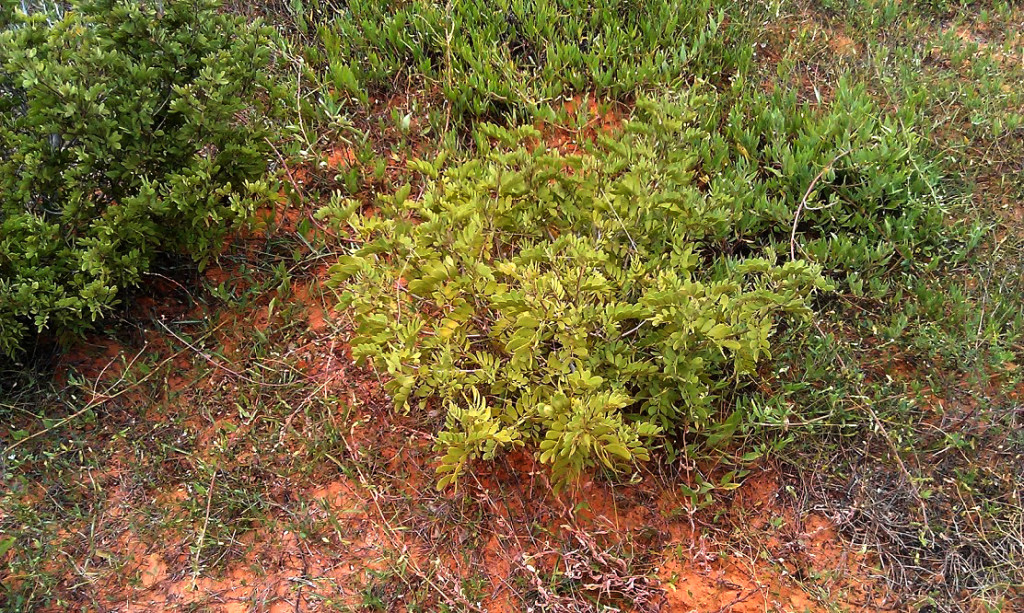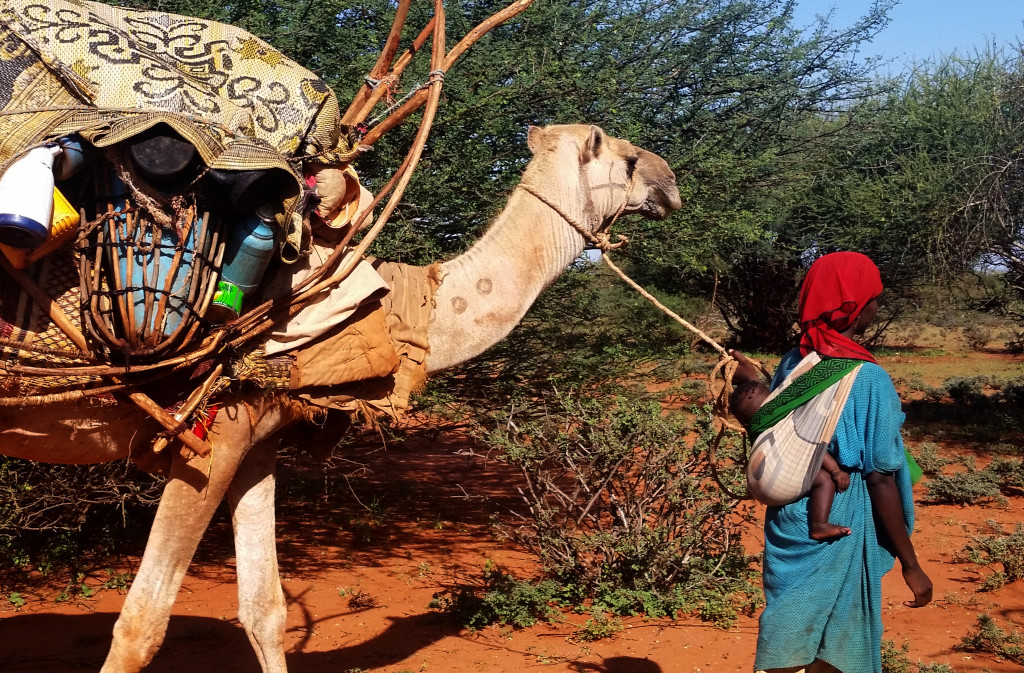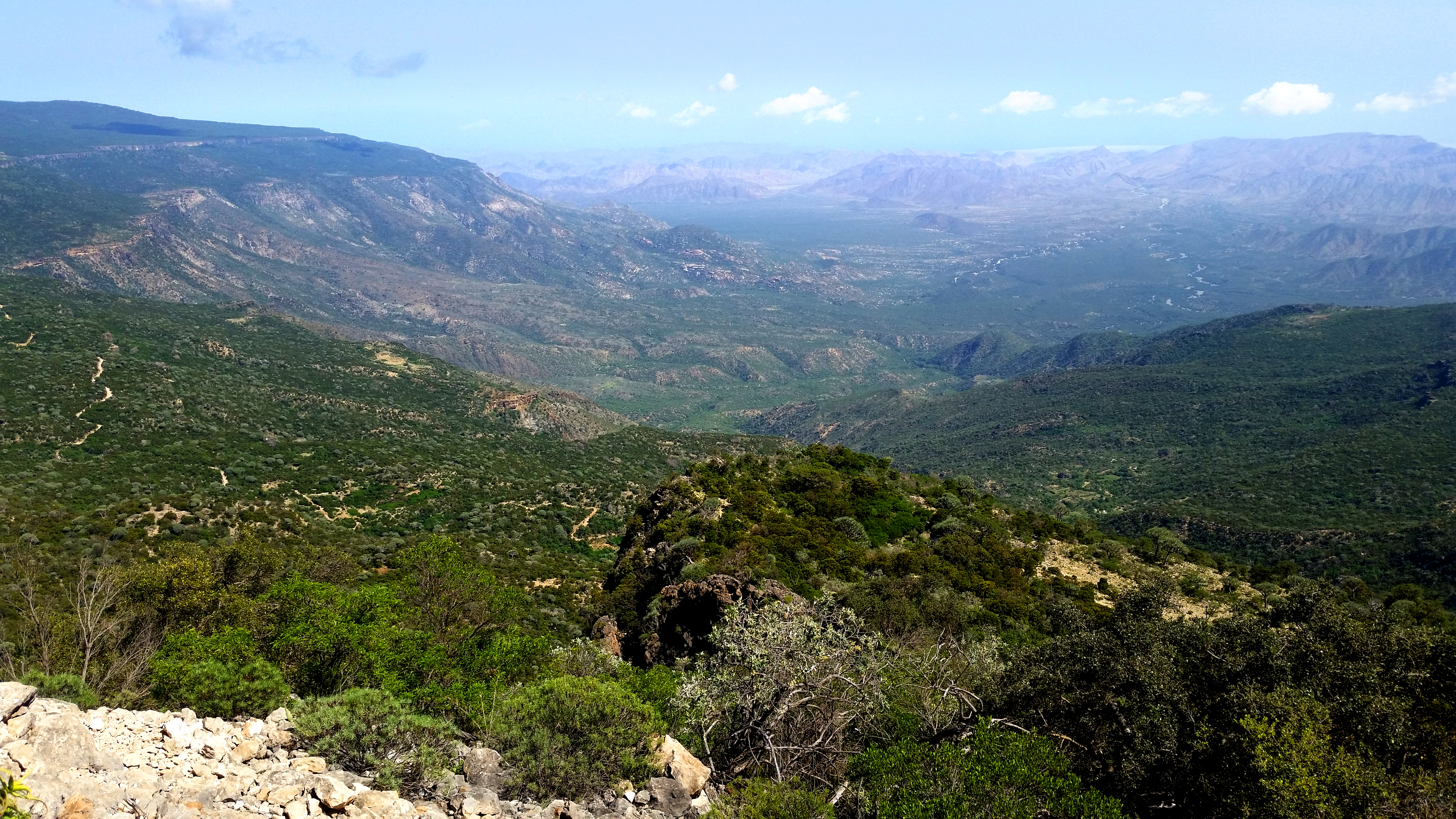Our vision for the Yeheb project is to improve the lives of communities in the drylands of the Horn of Africa by restoring the Yeheb plant as a reliable, drought-resistant source of food and fodder.

Yeheb shrub at approximately two years old – the plant is initially slow-growing while the root system becomes established.
In order to do this, we are working to tackle the issues that caused Yeheb and other valuable species to be eliminated in the first place. With our partners, we aim to:
- build local capacity to manage Yeheb sustainably for the benefit of all
- aid the restoration of degraded rangeland using endemic species
- provide the resources for fencing where necessary to protect young plants
- help build food security to communities in drought-prone areas
- connect individuals and communities across clan and national boundaries
We seek to respect and build on the wisdom of local people in all that we do, guided by their deep understanding of the environment in which they live.
Food insecurity in fragile, post-conflict regions goes hand-in-hand with civil instability. In other words, conflict can be both a cause and a consequence of food insecurity. In realising the project’s vision we will empower communities to break this cycle, by increasing the resources available to them and by reinforcing the traditions of peaceful conflict resolution that have governed the use of rangeland and water resources on the Haud Plateau for centuries.

Pastoralist communities have well-established mechanisms for allocating grazing rights in communal rangelands and resolving any disputes peacefully
The areas affected by overgrazing are mainly in the Toghdeer area of Somaliland, whose capital is Burao (Burco) and the Somali Region of Ethipia, where the Yeheb Project is working near the town of Werder (Wardheer) in the Dollo Zone.

